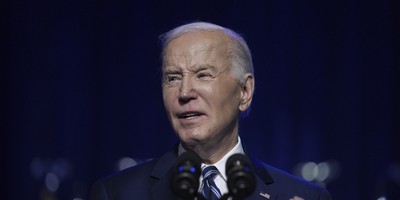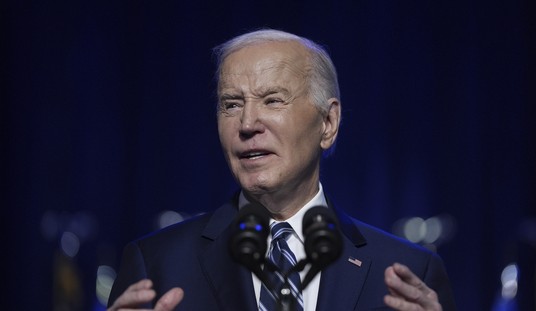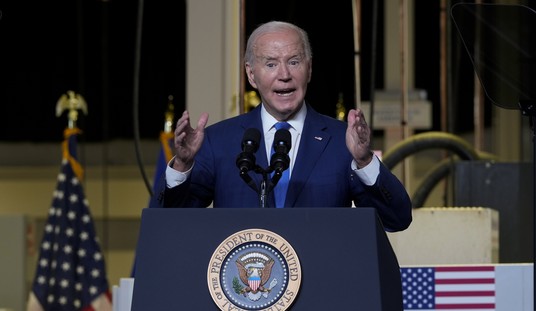I think Obamacare is bad policy because it exacerbates the main problem with the current healthcare system, which is third-party payer. And as a public finance economist, I’m obviously not happy about the new taxes and additional spending in Obamacare.
But those issues are temporarily on the back burner now that the Supreme Court is deciding whether the underlying law is constitutional.
I’m not a lawyer. I don’t even play one on TV. But I can read, and when I look at Article 1, Section 8, of the Constitution, I don’t see that Congress has the power to coerce me into buying a health insurance policy. Heck, I don’t see any role for the federal government in healthcare.
The statists say that the commerce clause (“To regulate Commerce with foreign Nations, and among the several States, and with the Indian Tribes”) is a blank check for federal intervention, but that’s a bastardization of the original meaning and purpose of that passage, which was inserted to prevent states from imposing protectionist barriers.
What matters, though, is how the nine Justices on the Supreme Court interpret that passage. Here’s some of Philip Klein’s analysis for the Washington Examiner.
…the outcome of the case, and fate of the president’s most significant legislative achievement, will likely hinge on how the court views the Commerce Clause. One of the most widely debated parts of the Constitution, the Commerce Clause grants Congress the power “to regulate commerce with foreign nations, and among the several states.” And as the size and scope of the federal government has grown throughout the nation’s history, the Supreme Court has grappled with how broadly or narrowly to interpret the phrase. …If the court allows the mandate to stand, opponents claim, it would effectively give the federal government unlimited power to regulate individual behavior.
Recommended
And here’s some of what Damon Root penned for Reason.
Article 1, Section 8 of the U.S. Constitution grants Congress the power “to regulate commerce…among the several states.” The framers and ratifiers of the Constitution understood those words to mean that while congress may regulate commercial activity that crossed state lines, Congress was not allowed to regulate the economic activity that occurred inside each state. As Alexander Hamilton—normally a champion of broad federal power—explained in Federalist 17, the Commerce Clause did not extend congressional authority to “the supervision of agriculture and of other concerns of a similar nature, all those things, in short, which are proper to be provided for by local legislation.” In other words, the Commerce Clause was not a blank check made out to the federal government. Yet in its decisions in both Wickard v. Filburn andGonzales v. Raich, the Supreme Court held otherwise, allowing Congress to regulate the wholly intrastate cultivation of wheat and marijuana, respectively. Those decisions cannot be squared with the original meaning of the Commerce Clause. As Justice Clarence Thomas remarked about the majority’s reasoning in Raich, “If Congress can regulate this under the Commerce Clause, then it can regulate virtually anything—and the Federal Government is no longer one of limited and enumerated powers.”
When I read all this material, my amateur legal analysis is pretty simple: Why would the Founding Fathers have bothered to list enumerated powers if the commerce clause gave the federal government a blank check to control our lives?
Like I said, I’m not a lawyer, much less an expert on constitutional law. Then again, this amusing poster shows that the same thing can be said about the President.

























Join the conversation as a VIP Member